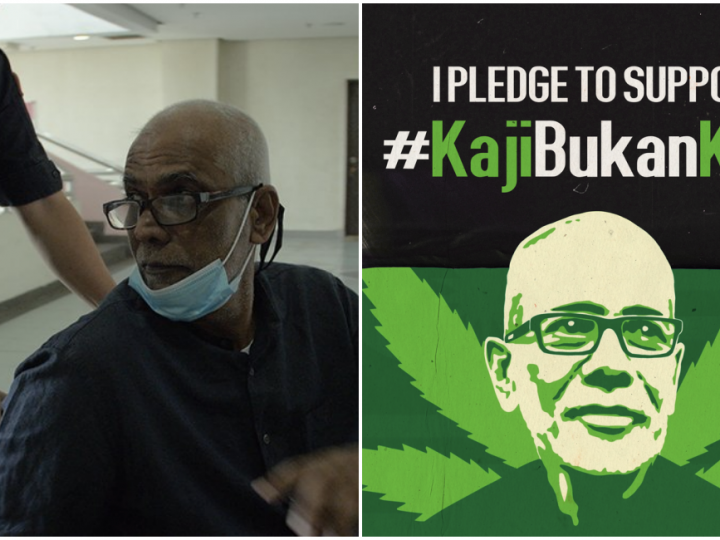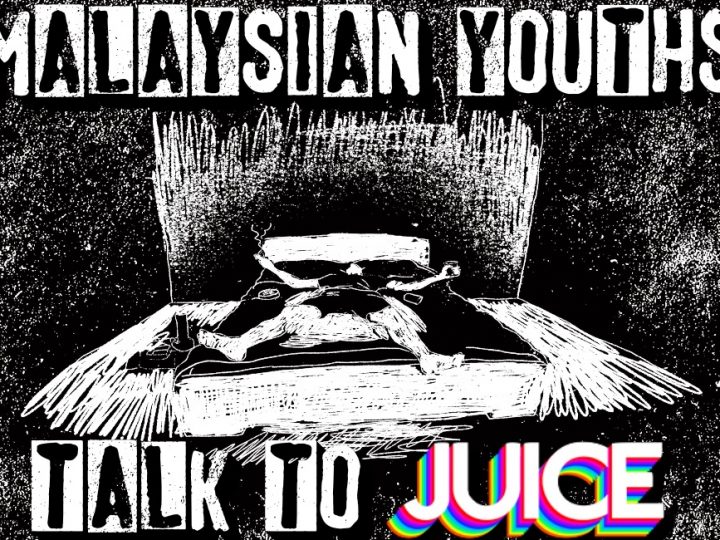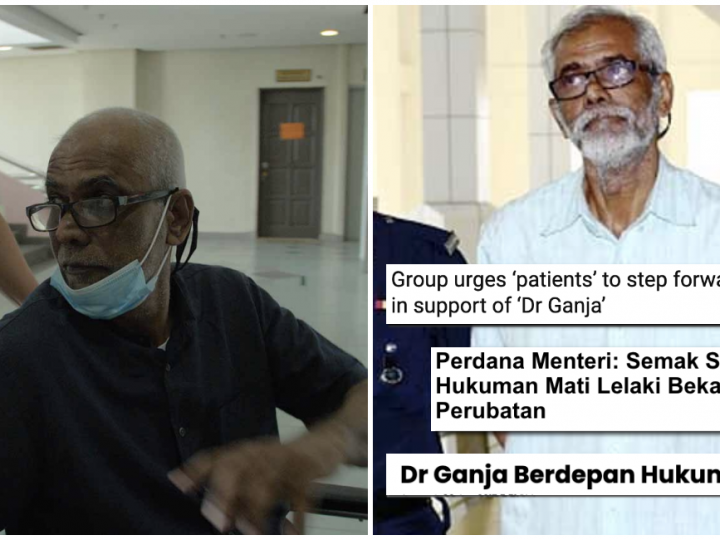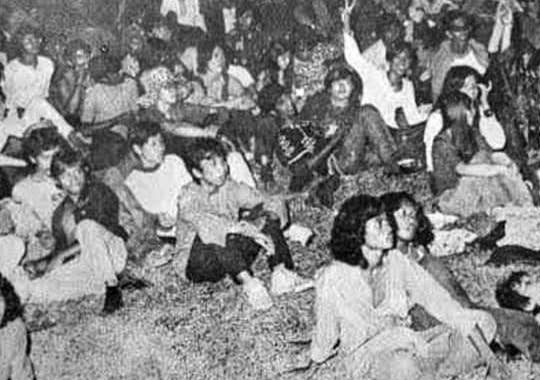Death of 24 y/o in AADK Highlights Problems in M’sia’s Rehabilitation & Treatment of Substance Use
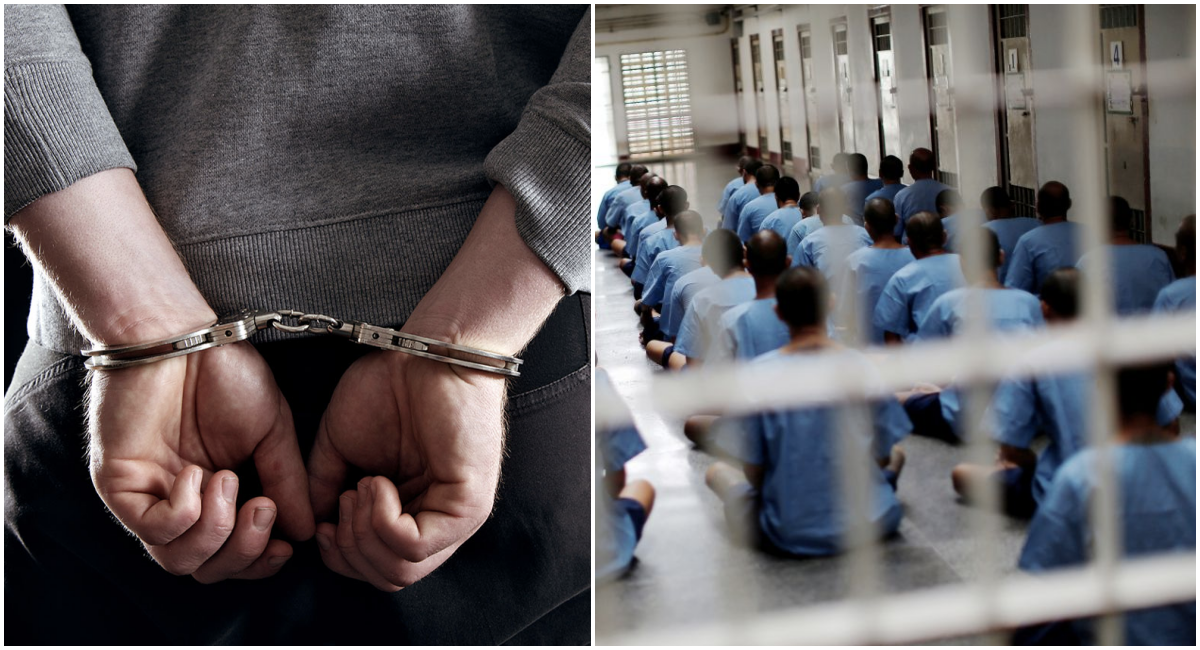 Thirsty for JUICE content? Quench your cravings on our Instagram, TikTok and WhatsApp
Thirsty for JUICE content? Quench your cravings on our Instagram, TikTok and WhatsApp

It is an irrevocable fact that the topic of drugs and substances has been enshrouded in stigma and taboo in Malaysia.
From the relentless punishing to the perpetuation of harmful messages regarding the topic, many Malaysians who experience addiction have been muted and downplayed by authorities who take a hardline stance whereby any sort of drug use under any circumstance is considered punishable by the swift pummel of a gavel.
Despite numerous coverage of personal anecdotes that are meant to provide a more human insight into the issue, authorities still stand by their violent and merciless methods of “rehabilitation.”
Due to that persisting mindset, on 20 July, a 24-year-old man passed away after only 2 days in custody of Agensi Anti Dadah Kebangsaan (AADK).
The homicide of a youth beaten to death
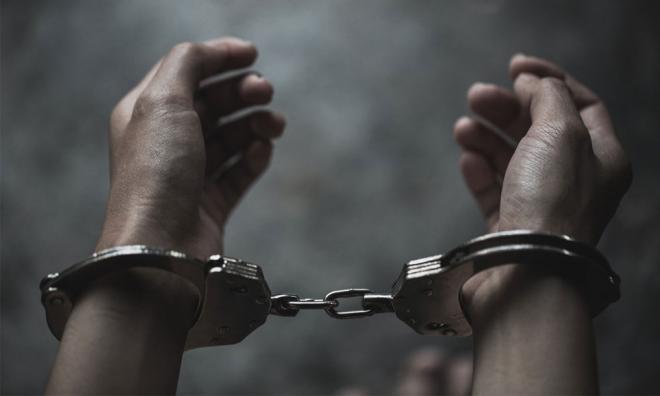
NGO Eliminating Deaths in Custody Together (Edict) has insisted on a thorough investigation into the matter after hearing that the man was arrested at 9pm on Sunday yet was determined in a critical condition at a hospital by 1am the following day.
According to the family, AADK allegedly abused the man by beating him with a cane during his arrest. The man was allegedly screaming in pain while the officers stepped on his body and neck.
He was believed to have shown bruises on his forehead and wounds on his ankles and hands which is why he was sent to the hospital (HSAH Sungai Petani).

“Edict believes that if the accusations are true, the officers at AADK who were in charge of arresting the victim clearly lack humanity and have trespassed the law.
“With that, Edict urges the Kedah police to investigate the assailants and bring them to justice.
“Edict also urges the Attorney General Chambers of Malaysia to prosecute these assailants in court and for AADK to suspend these officers while the investigation is ongoing.”
On July 27, the police classified the death as a homicide.

Chief of police in Kedah, Datuk Kamarul Zaman Mamat stated that the arrest happened on 18 July at 10pm under the Drug Dependents Act (Treatment and Rehabilitation) 1983.
The police received a complaint at 11:35am the next day, when a distressed woman expressed dissatisfaction at the way the officers arrested her brother.
The case is classified under Section 302 Torture Act.
The police urge the public to contact their hotline 04-7741403/1405 or Chief Investigator Siti Anim Aripin at 012-9144654 if they have any information on the case.

It is harrowing to hear that in the same week as VICE’s expose on police brutality in Malaysia and the same month of the probe on local filmmakers who depicted police brutality in a short film that another man has died in custody.
Not to mention how Dr. G, a man who dedicated his time to rehabilitating and ailing illnesses with cannabis is currently still on death row, awaiting his sentence.
This issue has been an ongoing thorn in the side of Malaysia’s justice system and NGO, PELUANG is determined to shed more light on this evidently detrimental gap in our understanding of drug rehabilitation.
Who is PELUANG?
Crucial to the movement, PELUANG has been spreading the word about the incident mentioned above through infographics posted on their social media.
Violent and punitive drugs laws are never the solutions in solving the drugs issues in the country. How many more vulnerable lives do we want to sacrifice before we acknowledge the help and support that PWUD community actually need from us? #SupportDontPunish #PilihPeluang pic.twitter.com/FCrkjkfDoE
— PELUANG (@pilihpeluang) July 27, 2021
PELUANG is an organisation comprised of families, people who use drugs (PWUD), people who were incarcerated, community advocates and people who are generally concerned about Malaysia’s direction and methods in drug rehabilitation.
A quick look at their profile will show that they are determined to start conversations and amplify the message against Malaysia’s war on drugs, which is long overdue to end. With this, they hope to educate the public and aid in reformation as well as the decarceration and integration of these individuals back into society.

The organisation is supported by other NGOs such as PENGASIH, CERiA, Nuffnang and Majlis Aids Malaysia amongst others.
JUICE spoke to a member of PELUANG and PENGASIH as well as Centre of Excellence for Research in AIDS (CERiA) about alternative rehabilitation methods and treatment that does not involve AADK, yet have proven successful in terms of reintegration of PWUDs back into society.
Here is our chat with the two members of those organisations…
Criminalisation and incarceration only worsens the problem and creates new ones
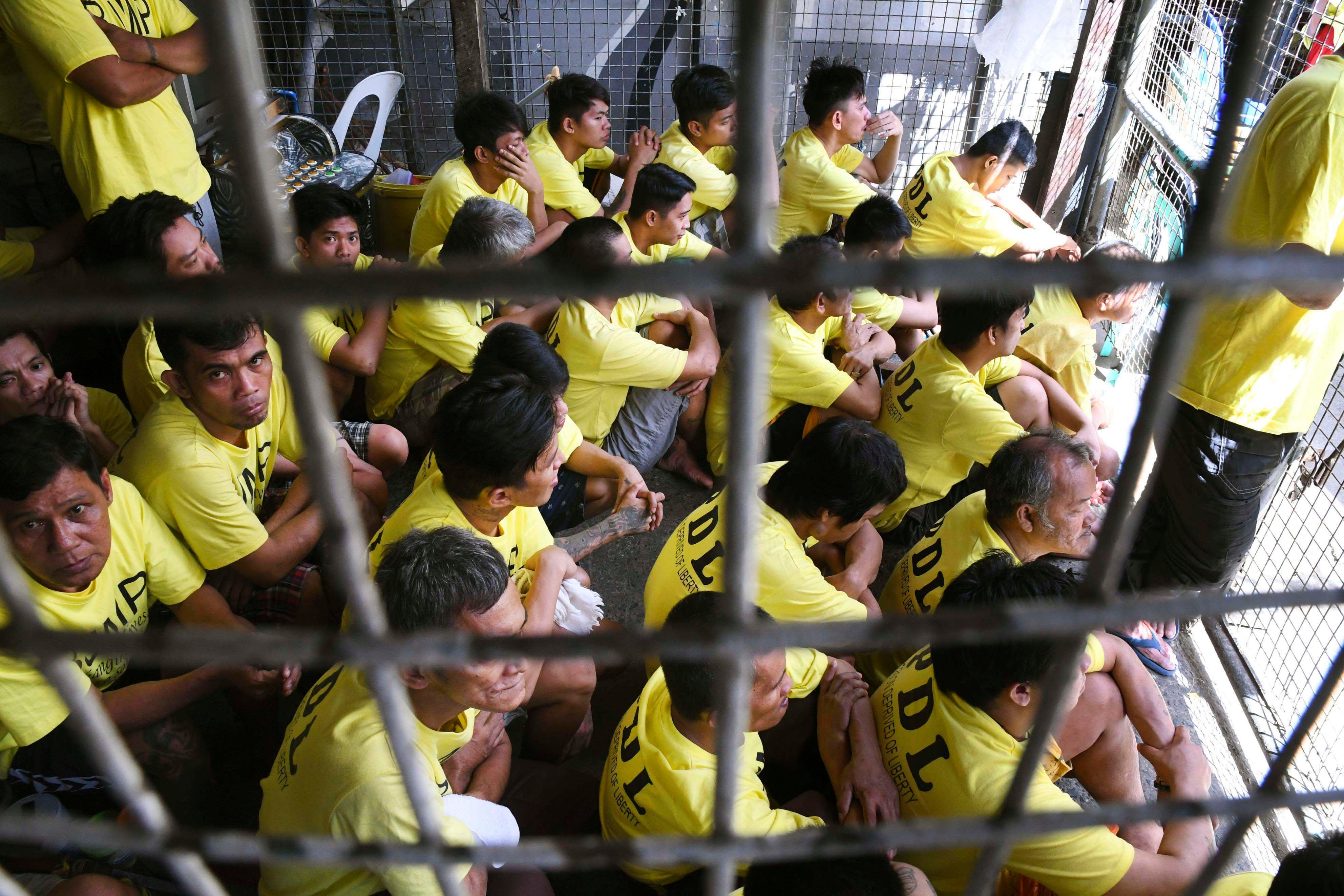
When I spoke to Ashwin of PELUANG, who is also a member of PENGASIH who’s familiar with tackling substance use disorders, he voiced his concerns with the criminalisation of people who use substances.
Putting people in prison instead of treating them clearly worsens the problem. Ashwin equates it to putting someone with diabetes in prison because they eat too many cakes and cookies thus causing complications with their health. Substance Use Disorder (SUD) is a widely accepted illness yet it isn’t being treated as such.
While lighter sentences and the abolishment of the death penalty has been discussed and passed, there hasn’t been a unified effort to spread awareness among the community towards the complete decriminalisation of substance use. Fear mongering and years of misinformation have contributed to the overall negative perception of the issue itself.
Advice like “just stop taking drugs” isn’t helpful. For people suffer from substance use disorder, it’s a lifelong recovery process. Why? Read more to understand! pic.twitter.com/QxF9VywtPq
— PELUANG (@pilihpeluang) July 24, 2021
This is where PELUANG steps in, to debunk and diffuse the inaccurate propaganda in exchange for factually accurate, current and evidence-based information through infographics and compilations of articles that support alternative rehabilitation methods.
The organisation also studies the interconnectedness of SUDs with the public health system, over-crowding in prisons and human rights issues.
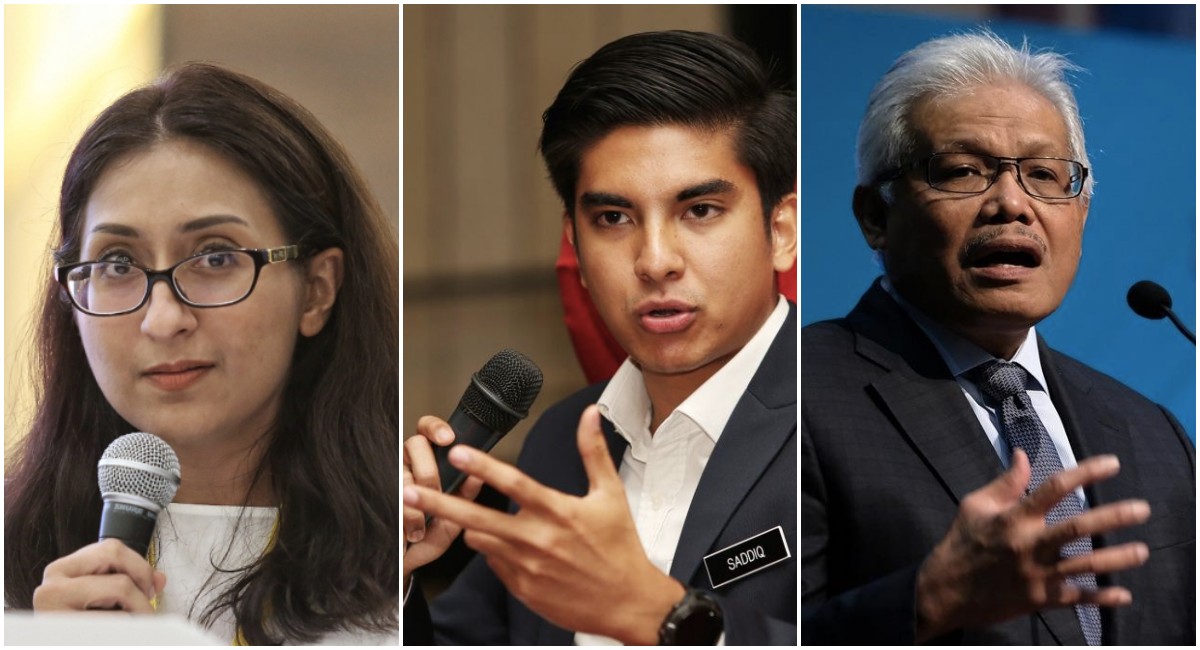
Lawyer Sangeet Kaur Deo told Astro Awani that prisons now are running over 200% over capacity and that 60% of inmates are incarcerated for minor drug offences.
Syed Saddiq corroborated this by citing AADK’s statistics whereby 80% of those inmates are youths aged between 19 to 39 years old.
Home minister Hamzah Zainudin agrees and says that the change in approach towards rehabilitation and away from imprisonment will “facilitate their reintegration into the community and give them a second chance.”
Rehabilitation is not the same as mandated AADK or police supervision

As for Ashwin’s work at PENGASIH, during our talk, he shares the most common myths attributed to rehabilitation centres and dispels them.
He stated that most people assume that their treatment is reported to the authorities which gives them a criminal record. This is a cause of concern because many people are afraid of their future being jeopardised.
On the contrary, he assured that individuals who seek treatment, unlike court ordered/mandated AADK or police supervision, will not have any records of that sort. He likens it to seeking outpatient treatment from counsellors or psychiatrists for mental illnesses.

Another common misconception is that rehab takes too long, notably more than 2 years. The truth is, inpatient treatment is measured by how long the individual needs it depending on their degree of problems and needs.
Some may take as short as 1 month, but it is recommended that patients stay for at least 3-8 months for optimum benefit. The myth is detrimental because individuals living with substance use disorders tend to have a reluctancy to commit to such long periods.
Help PENGASIH to help our community
![PENGASIH 'bergelut' cari dana [METROTV]](https://assets.hmetro.com.my/images/articles/pengasihxx_HMfield_image_listing_featured.var_1564751718.jpg)
However, despite their vital role in this field, they still have their fair share of struggles.
While there has been talk about grants being given out per head for every client that is treated, no grants of that sort have been provided yet. This is under the Alternate Service Delivery (ASD) which could be a great opportunity to offer treatment to more individuals across the country, especially those who can’t afford it.
Methadone Maintenance Therapy (MMT)
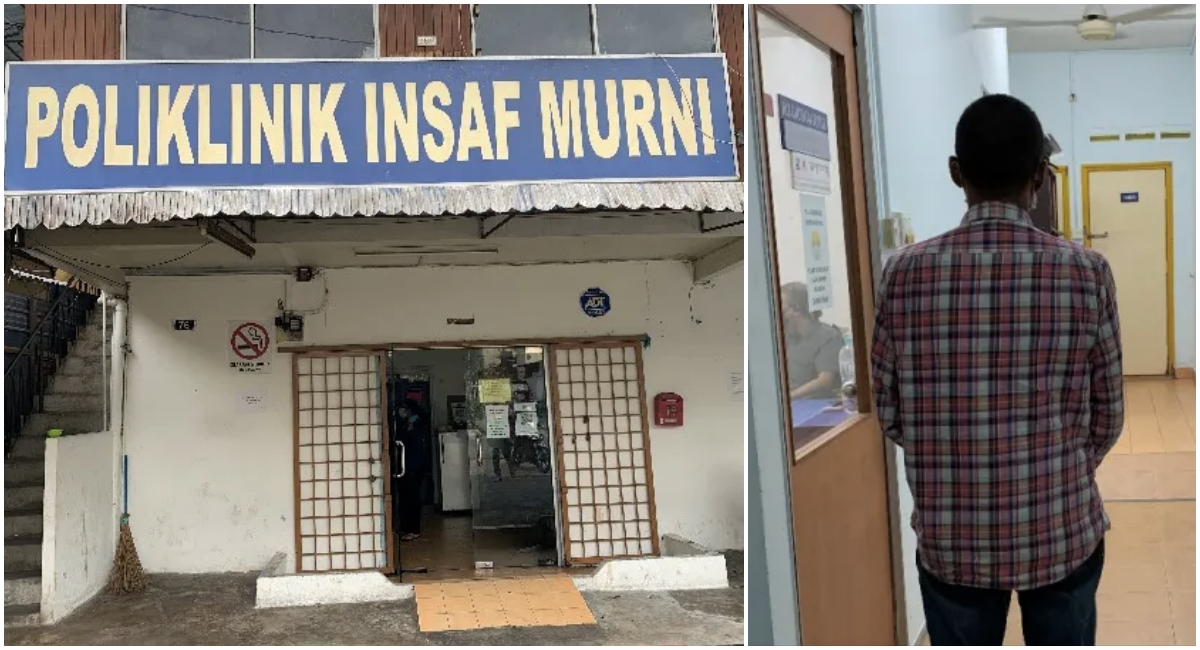
Other than Ashwin, JUICE also spoke to a member of CERiA who works in Insaf Murni Polyclinic, Kampung Baru dispensing methadone under the Methadone Maintenance Therapy (MMT), which is an alternative way to treat opioid disorder users, like heroin and morphine.
The centre accommodates over 90 patients and allows one-week take-home dose so as to not disturb the busy schedules of those who are working while seeking treatment for their substance use.
The low-regulation programme has been proven successful with patients because they do not need to take the medicine in-front of the pharmacist everyday unlike public health clinics.

A 45-year-old small business owner shared his painful experience when he hit rock-bottom over 10 years ago. He was caught by police and had to go cold turkey at a detox centre, only surviving on food without the use of methadone.
“It is like torture, it doesn’t really work. It is very painful. All of us in the room were in pain,” he said.
After taking methadone, he claimed that he started hating drugs and never felt like touching them again.

But this project isn’t just about dispensing methadone, it’s about giving out empowerment and hope to patients as well. Knowing the needs of their patients and not forcing them to queue at the hospital everyday between 8am-10am like public health clinics allows more flexibility for patients.
They also have Whatsapp groups for their patients where they keep them updated with relevant information and keep in contact with their spouses and family members to ensure all is well.
As part of their empowerment methods, they provide psychosocial and spiritual counselling to anyone who needs it, including the individual’s family members.
With alternative rehabilitation methods, PWUDs are able to rejoin the community healthier than ever

According to a member of CERiA, who prefers to remain anonymous, the MMT programme gives a high retention rate of recovery where patients move on to develop stable jobs and provide shelter for themselves and their family over time. Some have even managed to perform Umrah (pilgrimage) or travel overseas for business and personal purposes apart from establishing their own SMEs to support their families.
Even Ashwin shared a few inspiring stories that came out of the alternative rehabilitation method. Specifically, he mentioned a young lady with a long history of substance use that started when she was in school in her early teens. She would use substance during school time, in-between classes.
To continue using, she resorted to crime and was eventually sent to the government centres. After being discharged, she made her way to PENGASIH where she had symptoms of psychosis.
She went through a year of treatment and now she has enrolled herself in university.
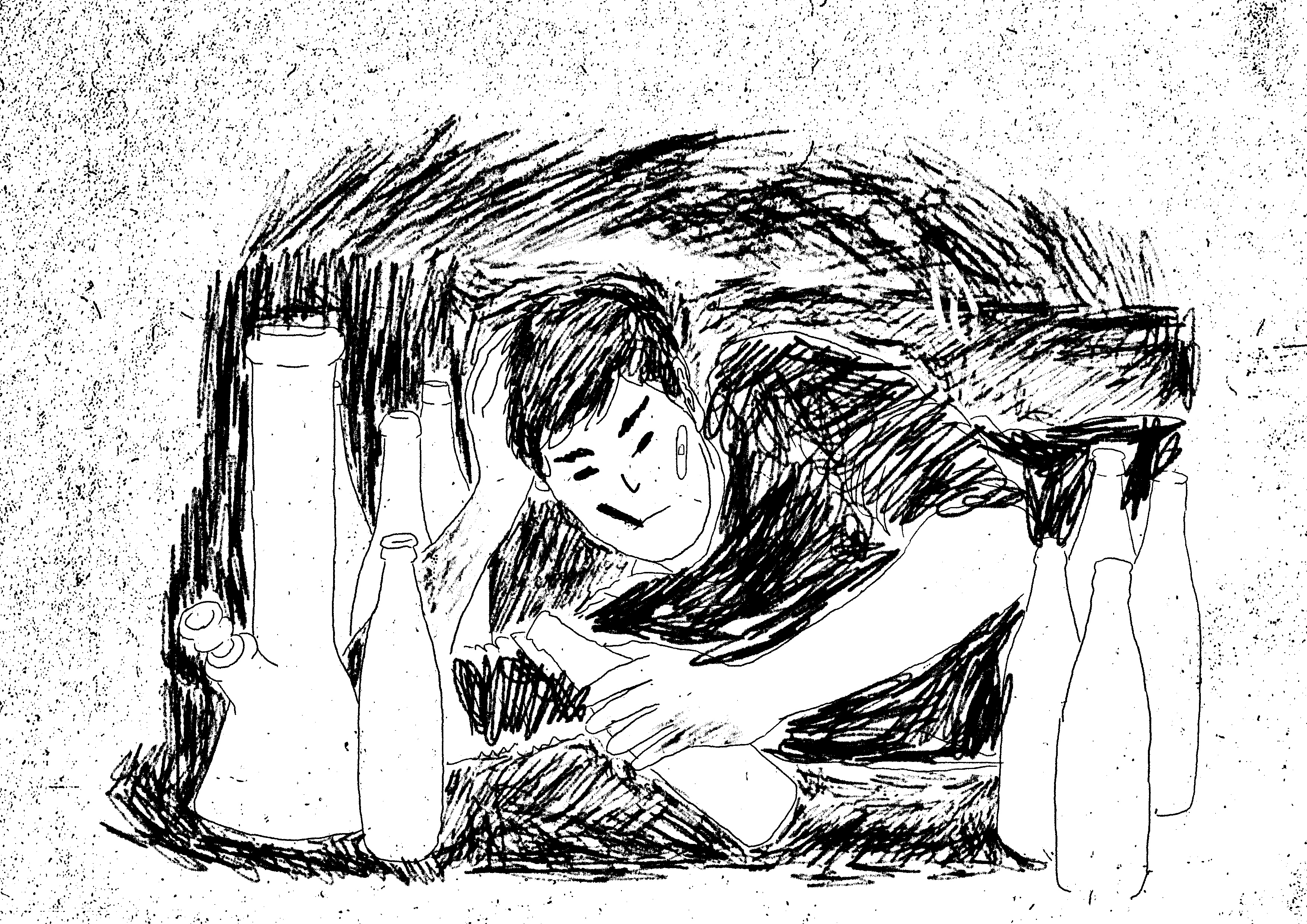
With the tumultuous challenges that come from facing a financially and emotionally taxing pandemic, many people have resorted to substance use and developed substance use disorders.
Because of that, it would be damning to the country to continue imprisoning these people and refusing their need for rehabilitation and treatment.
It’s time to refocus our lens and prioritise alternative methods such as the ones mentioned above in order to properly tackle an issue that has been affecting youths for generations.
When we start treating SUDs as illnesses similar to all others, we will develop a united and more empathetic outlook towards these problems thus ridding the nation of stigma and shame when it comes to substance use.
In turn, this will help our organisations as well as our people, leading to a healthier and happier Malaysia.
To keep up with PELUANG, click here.


 Get Audio+
Get Audio+ Hot FM
Hot FM Kool 101
Kool 101 Eight FM
Eight FM Fly FM
Fly FM Molek FM
Molek FM